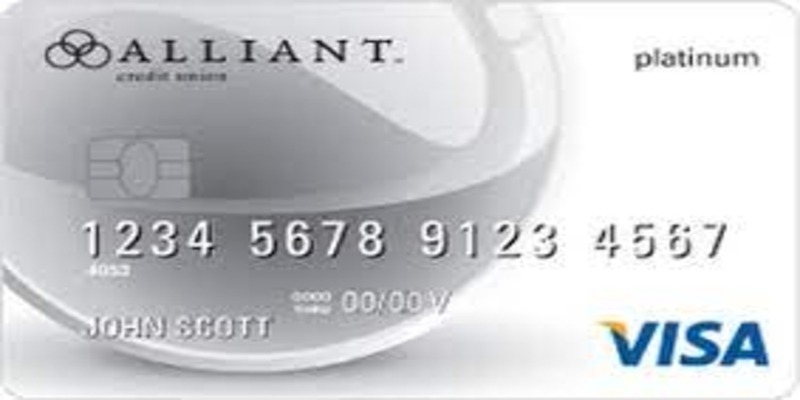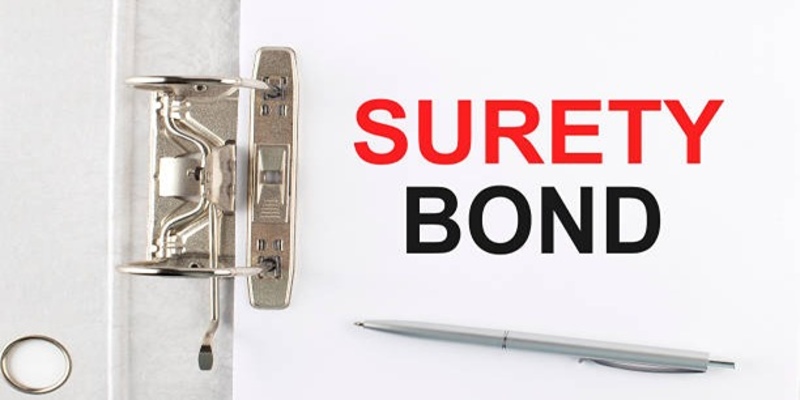Work on raising your credit score before applying for a refinance to secure the best terms. Visit AnnualCreditReport.com to check for inaccuracies in your credit report. Disputes can be filed with the credit reporting bureaus if you find an error (Equifax, Experian or TransUnion). Keep your credit score high by always paying your bills on time, never charging more than you can afford, and never exceeding your credit card limit.
Evaluate The Terms Of Various Mortgages

Check the refinancing rates and terms offered by various financial institutions. A mortgage broker can help you compare different loan options. It's also a good idea to check with the bank you already have an account with first. You may receive big savings as a loyal customer and take advantage of specials and discounts that would significantly reduce your total expenditures. Some financial institutions even provide cost-free refinancing options. If your current lender is unwilling to help you save money, you may want to look into switching to a different bank that is more willing to give you a discount just to become a customer.
Rates and fees are an obvious first place to look, but they shouldn't be your only consideration. Check out the interest rate and payment schedules for each plan's monthly payment (either at the beginning or end of the month). Interest is typically calculated at the end of the month when it is more accurate, although it doesn't hurt to double-check. When calculating your total cost, the annual percentage rate (APR) is crucial.
Discussing the Final Closing Cost

Examine the loan estimate from your lender carefully to examine the breakdown of costs, just like you would with your first mortgage. If you've done your homework and have multiple refinancing offers, you may be able to negotiate lower closing costs and save money.
The application cost, underwriting fee, and rate lock charge could be reduced by negotiating with the lender if they seem excessive. Remember that the lender wants your business, so it may be willing to negotiate if you prove you're willing to walk away from the current terms.
Seek Reductions In Costs
Also, inquire as to whether or not the cost of the credit check or application might be reduced or eliminated. Additionally, if you've recently had an appraisal or survey done on your property, you can check to see if you won't need another one. If you're already a customer, your lender may be willing to negotiate terms with you.
Decide If You Want To Invest In Mortgage Points
The mortgage or discount points purchase may be worthwhile if you wish to reduce your closing fees. Although purchasing points will reduce your interest rate, you should only do so if you intend to keep the property for an extended period and will not be refinancing in the future, even to cover substantial renovation costs. Mortgage refinance calculators like Bankrate's can help you determine if it's worth buying points when you refinance.
Stick With Your Original Title Insurance Company
Title rates are controlled in many jurisdictions, but you can try to save money on title services by renegotiating with your present title insurance firm. It could be less expensive to do this than to start over with a new firm or insurance plan. Also, consider purchasing an owner's policy if you didn't the first time
.
Consider refinancing with no closing costs if you're in a tight spot. A refinance with no closing costs is an option for those short on funds. The term is a little deceptive because it isn't free, but it does signify that no additional costs are associated with the closing process. The lender will likely charge you a higher interest rate or roll the closing fees into the new loan.
In the case of a cash-out refinance, having the option of a no-closing-cost refinance can make a significant difference because you won't need to come up with thousands of dollars to pay the costs at the loan signing. You may use that money toward whatever you need right now, be it a down payment on a house or a wedding if you don't have to pay closing expenses. On the other hand, you may wind up paying more for the loan overall. Refinance is not a good idea if you can't afford the closing fees, either all at once or over time.







